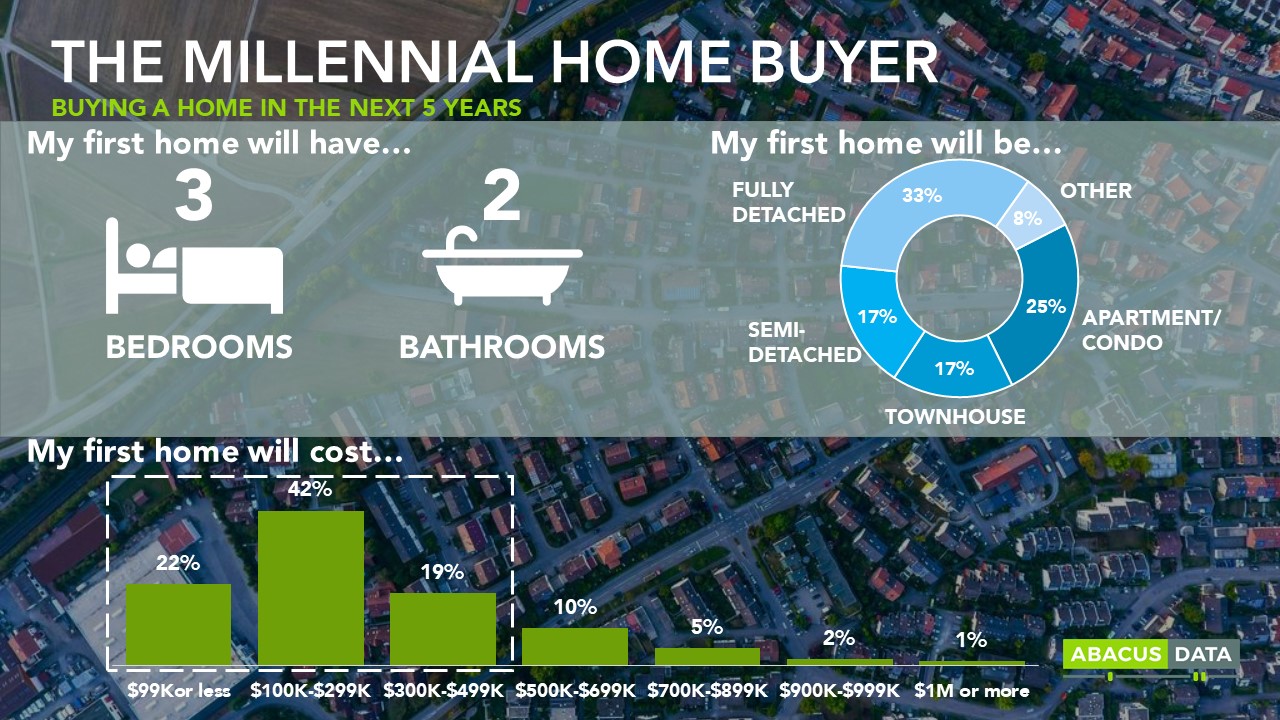New tech is Star Trek: Millennials and the fitness gadgets they wear
August 4, 2017

We previously wrote a post on the #Selfcare phenomenon that has seized the Millennial generation -if you haven’t had a chance to read it click here to check it out. That post and your conversation got us thinking about how Millennial views on health and healthy lifestyles are unique as compared to other generations. With that in mind, we welcome you to the first installment in a series we are calling, “Millennial Health”. Millennials, like every generation before them, have their health quirks, fads, and idiosyncrasies. From jazzercise to going paleo, the human race has tried everything to stay in shape. Today we will be looking at how Millennials integrate technology into their lifestyles in the hopes of becoming healthier.
With the advent of wearable technology and their corresponding applications it has never been easier to incorporate data into your regular workout routine. In the past, you needed the budget and resources of an elite Soviet athlete to get the level of statistical insights we now might consider trivial, not to mention all that clunky machinery, isn’t that right Rocky?
Wearable tech like the Fitbit has been adopted by Millennials to optimize their exercise experience. It, with corresponding applications, informs the wearer of anything from how many steps they’ve taken to how many carbs and nutrients they have consumed. The modern-day personal trainer isn’t at the local gym but rather on your arm and in the cloud.
Alright, so knowing your heart beat per minute ratio is one thing but now what do you do with that? This is where the gamification of data makes things interesting. Gamification is a term first coined by Nick Pelling, a British computer programmer and technology philosopher. It refers to the incorporation of game-like elements into areas where they previously did not exist (Pelling: 2002). So data is great but what if you added daily goals, the ability to compete with your friends and family, and even obtain rewards for reaching certain goals? A study by PricewaterhouseCooper indicated that 64% of Millennials believed that they would be more likely to use wearable technology if it had some sort of gaming component to it (PWC: 2014). Additionally, 52% of Millennials in the same study said that they would use a wearable device if it had an in-app rewards feature (PWC: 2014). That being said, gamification has its limits. When asked if they would mind if their personal information was shared with friends and family on their behalf only 14% of Millennials said they would not mind (PWC: 2014). The other 96% were hesitant to share personal information without some level of control. Therefore, it is important to remembers that even though we might think of Millennials as these opensource digital natives, privacy is still a genuine right they value and they want to control the personal information they share, even in the context of a ‘game’.
Now, there are dozens of devices and hundreds of apps that are designed to track your exercise data and to improve your performance. Nearly every major sports retailer from Adidas to Nike to Under Armour has developed an exercise app of their own and has integrated corresponding technology into their apparel. So great is demand for wearable technology, specifically among Millennials, it is estimated that by 2018 the wearable tech sector will be worth between $6 billion (PWC: 2014) to $12 billion (Business Insider: 2014) globally with approximately 17% of the wearables market being devoted to health and fitness applications (Ogilvy & Mather: 2014).
Let’s take a look at two companies that are on the leading edge of this wave of wearable tech.
Orangetheory Fitness

Orangetheory Fitness combines the traditional experience of the gym with the personalization of wearable technology. Every gym-goer is paired with a Fitbit-like wristband which monitors their vitals as they participate in traditional gym circuit training. Orangetheory uses their clients’ personal data to create individual goals and exercise plans. Over the past four years the gym franchise has almost doubled every year. In 2016 alone Orangetheory opened one storefront for each day of the year.
Carrot Rewards

Carrot Rewards is an app the links to your smart phone. It records steps you take and sets goals to encourage healthy life styles. The major component of Carrot Rewards is that with every goal achieved the user receives points which can be redeemed towards monetary rewards. Developed by the Provincial Government of British Columbia in partnership with the federal government and other private partners it also acts as an information conduit for the province to relay pertinent personalized healthcare information to users directly. The information collected can also be operationalized to enhance healthcare delivery in the province based on the lifestyle insights the province gleans from user data.
Wearable tech has applications in both the private and public sectors and is successfully being used to enhance service deliver across fields. While the healthcare field is perhaps the largest wearable sector at the moment wearable technologies have the ability to revolutionize and enhance other sectors such as travel, entertainment, and administration and is set to perforate every area of our lives.
Millennials are embracing the world of wearable technology and the market place is happily obliging. All the trend lines are indicating and the markets are proving that Millennials will continue to adopt wearable technology into different facets of their lives. As Douglas Atkin, Global Head of Communities at AirBnB says, “In the distant future, we’ll forget the idea of engaging in technology at all. We’ll sallow it, absorb it, and wear it, without us really thinking we’re engaging it at all.”
Interesting in learning more about how Millennials will affect your business? Contact us, and ask about our Millennial Audit and the other suite of insight tools we offer to keep your organization competitive in the Millennial Marketplace.



